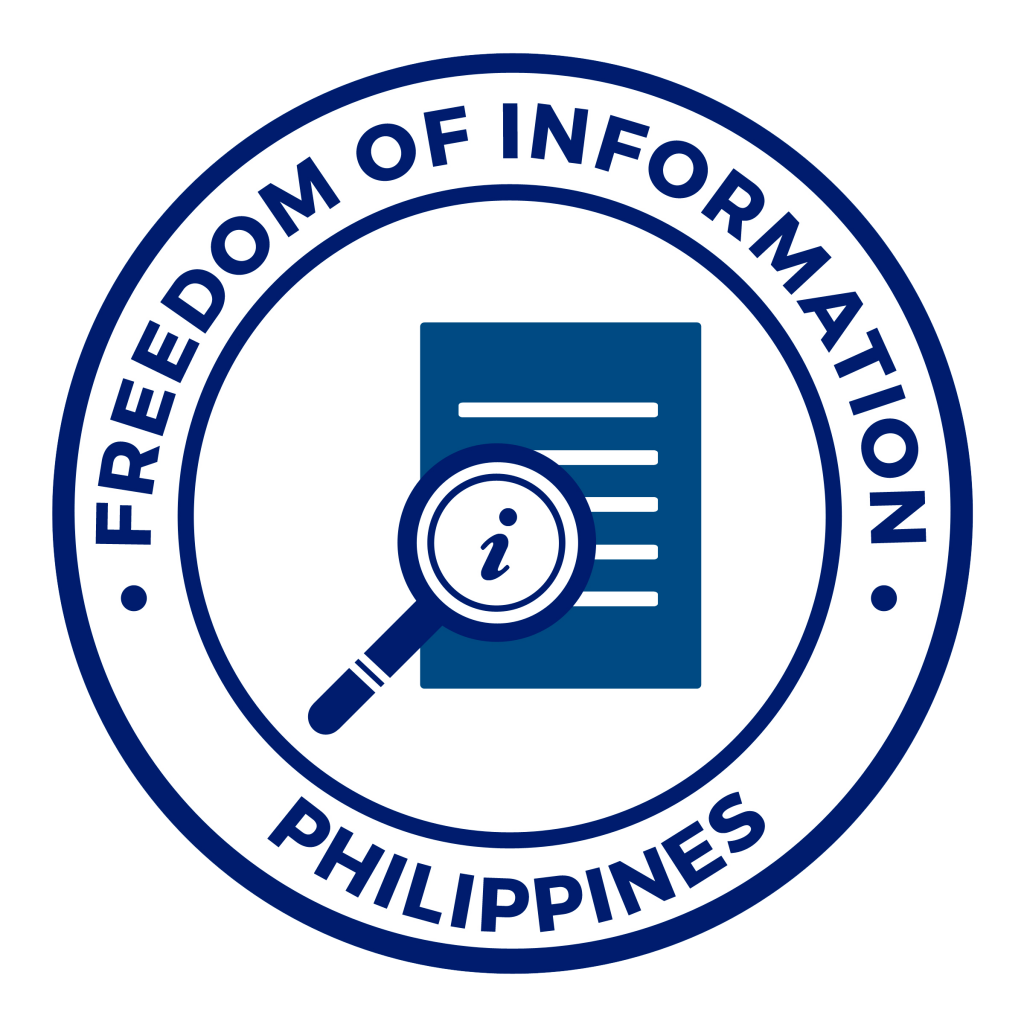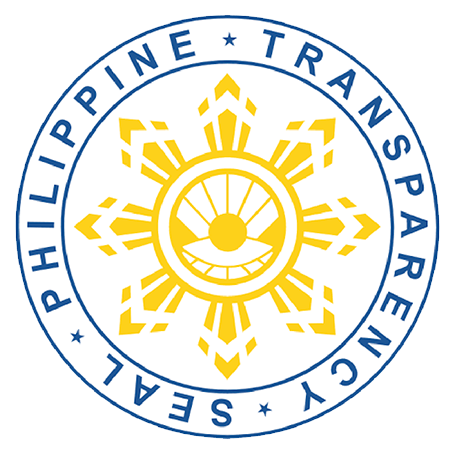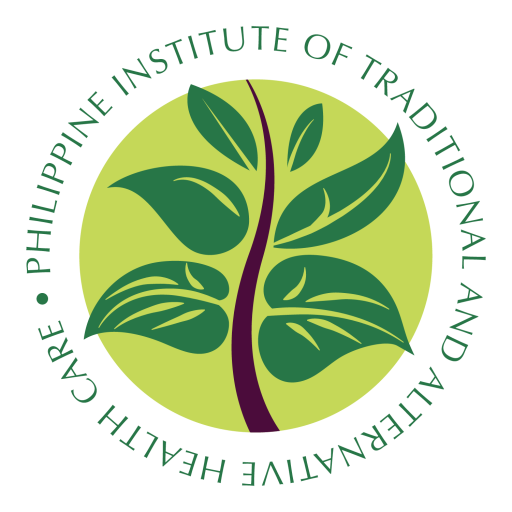ABOUT PITAHC
What is PITAHC?
The Philippine Institute of Traditional and Alternative Health Care is a government-owned and controlled corporation attached to the Department of Health (DOH) which was created in December 7, 1997 per Republic Act No. 8423, otherwise known as the Traditional and Alternative Medicine Act (TAMA) of 1997 authored by Senator Juan M. Flavier.
PITAHC is currently headed by Director-General Ma. Teresa C. Iñigo, MD, FPCAM, CESE under the direction of a Board of Trustees composed of representatives from different government agencies namely: Department of Science and Technology (DOST); Department of Environment and Natural Resources (DENR); Department of Agriculture (DA); Commission on Higher Education (CHED); and representatives from the industries/sectors namely: a physician engaged in the practice of Traditional and Complementary Medicine (T&CM); a member from a duly recognized academe engaged in T&CM research; a T&CM practitioner who is not a physician; a western medical practitioner preferably from the Philippine Medical Association; one member from the natural food industry and one member from environmental sector. The board is chaired by the Secretary of Health.
Location Map
PITAHC Building, Matapang Street, Barangay Central, Quezon City




